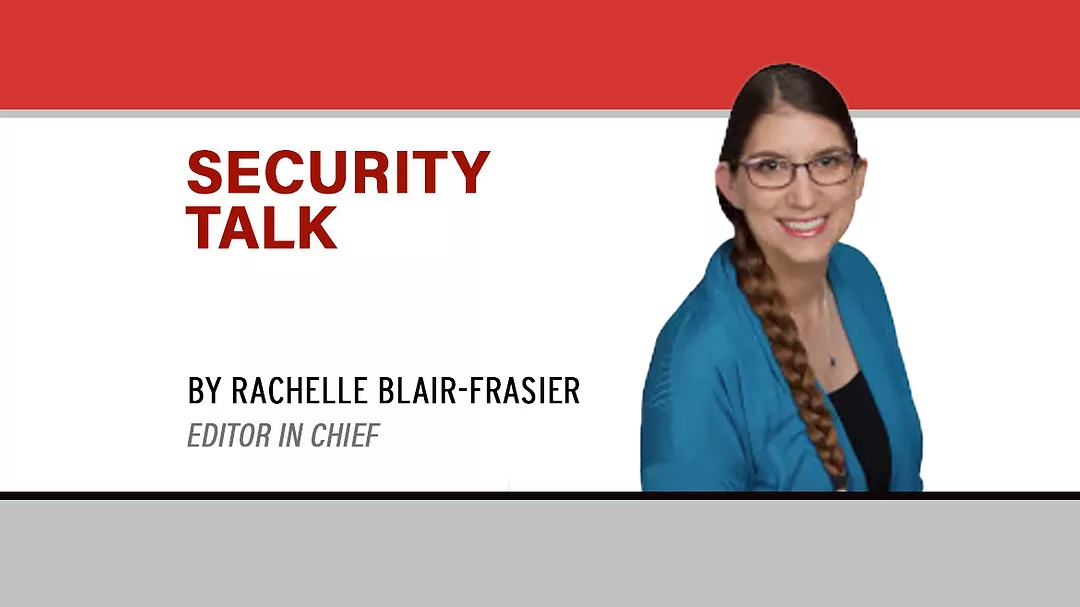Security Talk
Mentorship key in building security careers
Security leaders share the impact mentorship has had on furthering their careers in the industry.

miniseries / E+ via Getty Images

Throughout my time as a journalist, I have talked with many people throughout various industries and professions about their careers and the path that led them to where they are today. Every one of them may have a different starting point, but a common thread among them has always been mentorship.
I have found the same to be true in the world of security. During my conversations with security leaders, we often discuss the topic of fostering talent and the pivotal role mentorship plays in building strong, cohesive and effective security programs.
Here is what some of them have had to say.
Michael Dorn, Executive Director of Safe Havens International, has learned a great deal from the multiple mentors he met along the way throughout his career, and he thinks it is important to mentor others in the security industry as well. Dorn emphasizes he’s learned just as much, if not more, from his employees over the years as he has from his superiors.
“It’s a two way street,” he says. “I may have been doing this longer, wrote more books, or whatever, but I’ve learned from every one of them. I think being a mentor is a good thing to do, and I think it makes you better at what you do as well.”
For Jennifer Franks, Director of Information Technology and Cybersecurity U.S. Government Accountability Office (GAO), mentorship is a key part of developing talent within the cybersecurity industry.
“Mentorship is extremely important in the cybersecurity field because it’s such a vast and deep space, and it can be easy to get lost in everything that is happening because we move so fast,” Franks says. “But to have those lifelines — having someone on your team to help you in the places that you may not be as strong or as knowledgeable is how you become better, and eventually become a mentor to someone else.”
To effectively mentor, Franks says to tailor the approach to the person being mentored as well as to their current situation.
“I keep going back to understanding condition in order to assess a situation, and in order to truly be of benefit, you need to have situational awareness regarding the person or environment you’re dealing with,” she adds. “No two people are the same, and therefore, no two mentoring relationships will be the same.”
If Karen Delgado, Director of Surveillance, Empire City Casino by MGM Resorts International were to offer advice to anyone, especially women, looking to get into the security industry, it would be to seek out opportunities and learn as much as you can from leaders and mentors. She attributes a lot of her success to the support and encouragement of her team at Empire City Casino by MGM Resorts.
“I have been very fortunate in my career to have been guided by great leaders and mentors who have inspired me to transcend boundaries,” Delgado says.
Throughout his career, Shannon Brewster, Director and General Manager at AT&T Cybersecurity, has had many mentors that have been instrumental in his success and he looks to opportunities to help others in the industry, whether as a sounding board or to offer a different perspective on a situation.
“I think having a mentor is probably one of the most instrumental things that you can have in terms of really realizing success in whatever it is that you’re trying to do,” he says. “I think a good mentor is someone who’s not just going to be an example and help inspire you to reach that next step, but someone that also helps you envision what you’re looking for from yourself, and hold you accountable in order to get there.”
Colin Daugherty said he has had a lot of inspiring mentors and leaders throughout his career, and he’s taken all those lessons learned — “the good, the bad and the ugly” — to heart, shaping him into the leader he is today.
“A lot of people think leadership is a title and compensation, these ‘leaders’ are easy to identify,” Daugherty says, “but it’s about showing up, being committed, delivering more than the person next to you, doing things bigger than yourself on a constant basis, and promoting others before yourself.”
Looking for a reprint of this article?
From high-res PDFs to custom plaques, order your copy today!







